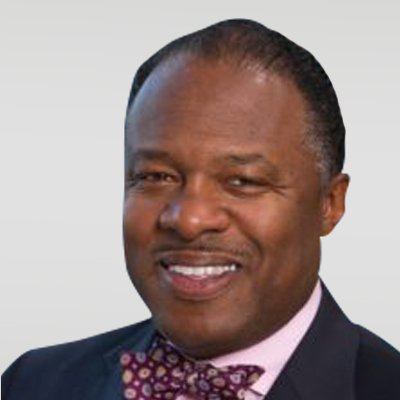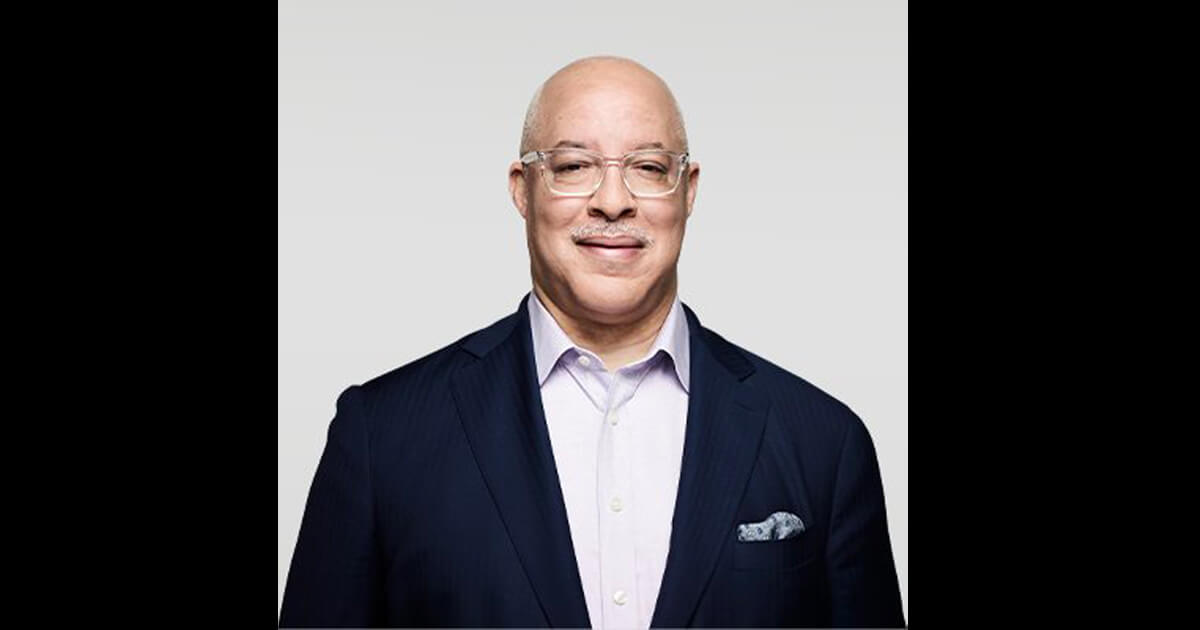Dr. Eric Whitaker first saw the disparities of the underserved and uninsured while fighting the AIDS crisis in San Francisco in the late 1970s and early 1980s. A few decades later, having hung up his doctor’s coat to work in the private sector, Dr.Whitaker is addressing health insurance disparities with his latest startup, Zing Health.
Dr. Whitaker cofounded the company in 2019 with his orthopedic surgeon friend Dr. Kenneth Alleyne, After snagging more than $160 million in venture backing and an increasing network of members to the platform in a little over a year, the tech-enabled medicare marketplace focused on supplemental services is poised for the next phase of growth as the pandemic rages on.
Our efforts are focused on those who face the greatest challenges in regard to healthcare, we deployed a model of folks from the community in the community, managing people in the community, partnered with technology. That model was vetted and proven not only in the bottom line of the company but in our ability to beat large national players for limited contracts, Alleyne told The Plug.

Zing Health’s platform allows insurance brokers to sell medicare insurance for individuals age 65 and older across Illinois, Indiana and Michigan along with supplemental services that facilitate coordination of care. The company is deploying home-based technology to manage care between doctor visits. Diabetic patients, for instance, may receive an internet-enabled glucometer that feeds data to their doctor, while connected scales for patients with weight-sensitive conditions can help with early interventions. African American communities in the U.S are among the populations where Covid-19 has had a disproportionately deadly impact. Comorbidities and one-and-a-half times higher chance of being uninsured than white Americans have had a significant impact.
We know what’s it’s like to be on the receiving end of insurance companies. The difference in our approach is our sensitivity having been doctors and dealing with the obstacles insurance can set for the patient to get the care that they need, Dr. Whitaker told The Plug.
Working on HIV from the earliest days and watching the evolution of how care was provided in a public hospital setting I understood the social determinants of health before it was a popular term, he said. The advent of the Affordable Care Act helped close the uninsured gap for most nonelderly adults of color. The number of Black uninsured adults in the U.S. went from 20 percent in 2010 to 11.5 percent in 2018.
As of 2019, however, 11 percent of elderly African Americans in the U.S. still didn’t have health insurance. Cultural competency might not seem like a prerequisite to broker insurance sales, but Dr. Whitaker and Dr. Alleyne have built the core of their business around it. 80 percent of the company’s 75 employees are African American and are close to the communities they sell to.
The company’s business model is governed by healthier patients. Under the federal insurance program, insurance marketplaces like Zing receive a capitated rate per patient per month, which Dr. Whitaker said tends to be around $1,000.You get the $1000 and provide services that keep people healthy because we’re at risk if the individual’s care cost more than you’re paid, you eat the difference, he said. Dr. Whitaker no longer has to subscribe to any Hippocratic oath and he and co-founder Dr. Alleyne answer to incentives that aren’t financial.
Those who are the most likely to give back and support the needs in the community are the folks that look like the community, Dr. Alleyne said. The underlying principle of our thesis is that we can create wealth not only for our families and our investors but the vendor community that we work with while focused on health outcomes for communities of color, he said.
Dr. Whitaker sold his first company Symphonix Health Holdings to Unitedhealthcare in 2016, at the time of sale the company had done $2 billion in insurance sales, across 48 states with a network of 500,000 members. He took his learnings from the experience to the new venture and decided that 30% of their initial $3 million seed investors in Zing would come from African American investors to reap greater wealth creation from investing at such an early stage.
How the capital comes in matters, Dr. Whitaker said. At my second company, Next Level Health, we brought in $30 million but it had such onerous terms. We had a great model, as one of two African American-owned medicare advantage companies in the country but because of the way we brought in the capital we couldn’t expand, we learned a lot of hard lessons from that. Dr. Alleyne and Dr. Whitaker have structured Zing Health to ensure that the company’s management team has 20 percent non-dilutable equity. The company will expand to six other counties beyond its current reach in Illinois, Indiana and Michigan by 2022. The roadmap was hard-wrought after the company nearly closed last year, a notable investor told them to get out while they could.
Kapor Capital basically told me to pull the plug. This time last year I literally would ask our CFO ‘How much money do we need for payroll?’, Dr. Whitaker said. We’d have to raise money to get to the next payroll. If I hadn’t liquidated my nest egg from the first company I sold we would have been out of business.Those rocky days gave way to expansion, which the two hope will continue to fulfill their mission.In order to get to where we’ve gotten in one of the most highly regulated industries, as finance intensive as it is and the skillset required to pull this off covers so many areas. It’s a more complex business than is often appreciated Dr. Alleyne said. But our goal is simple, to leverage the latest and more relevant technology to communities where technology is just not leveraged to improve health outcomes.








